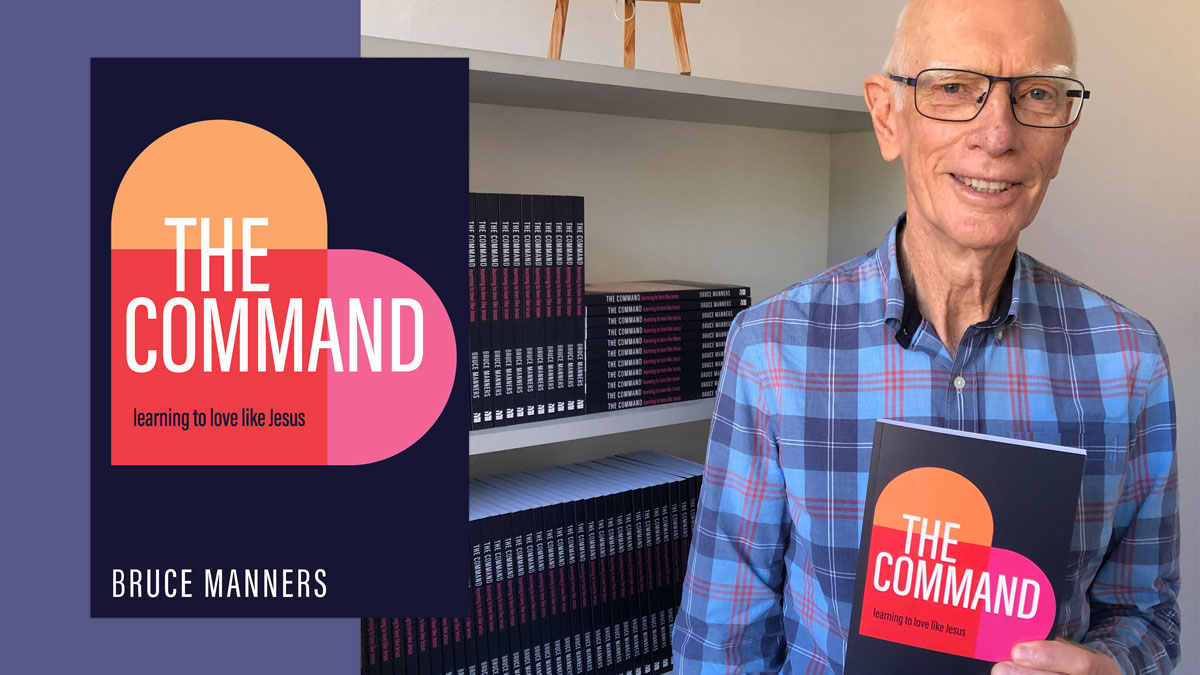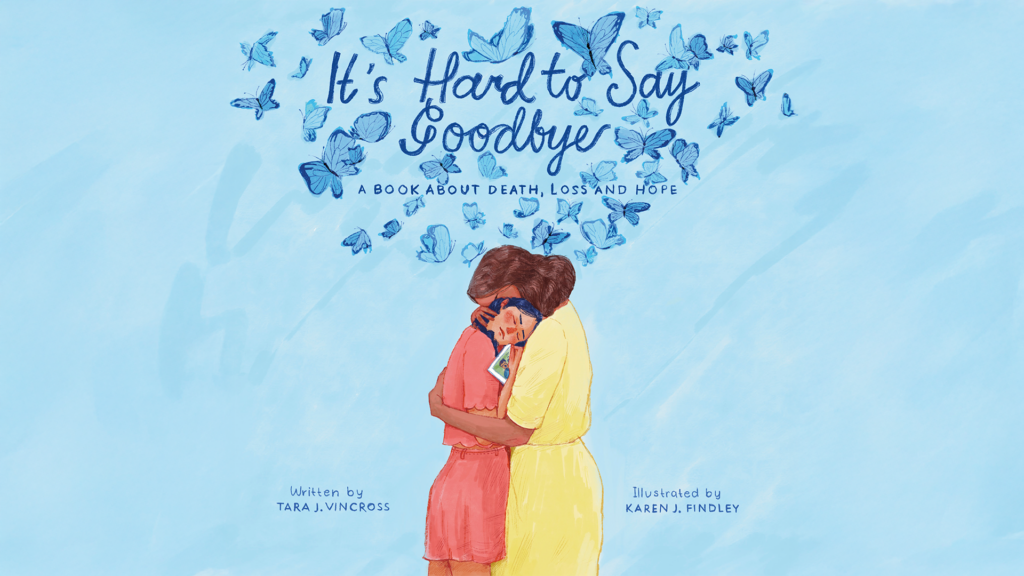Dr Bruce Manners is a retired pastor and editor, who continues to write and serve in his local church in Lilydale, Victoria. He recently talked about his new book, The Command: Learning to Love Like Jesus.
Can you tell us about how the idea for The Command came about?
For several years I’ve pondered why our church is not growing in our increasingly secular society. The Command is my attempt at two things: asking whether our church should get back to basics and become more like the One we follow, and attempting to demonstrate what that would look like. Then, with discussion questions, I’m trying to get people talking about the various topics.
What are Jesus’ four great love commands and why do you think we tend to be forgetful of them?
The four commands are: love God; love your neighbour; love one another; and love your enemies. Perhaps we forget because we Adventists like to focus on being right—the right day to worship, the right interpretation of prophecy, the right food to eat and so on. There’s nothing wrong with any of this, but we mustn’t forget that the core of Christianity is about upward and outward love relationships. John, the Revelator, wrote in 1 John that “anyone who does not love does not know God” (4:8); “if we love each other, God lives in us” (4:12, NLT).
The book features a lot of incredible stories. Which one is particularly memorable for you?
Zora was a member of our Canberra National church. I can still see the terrible scene of two adult coffins side by side, each with a small, white coffin on top, laying in the overflowing, main Anglican church in Canberra. Her daughter, son-in-law and two grandchildren had been murdered by a family “friend.” At the graveside, she had to be restrained from throwing herself onto her daughter’s coffin in the grave. But, on one of my visits a few weeks after the funeral, she asked my advice on how she could tell the murderer that she forgave him. Zora was one of God’s saints.
What challenged your own faith as you wrote this book?
That we are called to be Jesus to others—even those we don’t like or understand or would rather keep at arm’s length. I was attempting to help readers understand why we need to be compassionate and caring—loving—in how we relate to LGBTQIA+ individuals when the thought came to me, “You can’t be Jesus to someone you shun.” To be like Jesus—in thought and deed—has become a personal challenge with whoever and in whatever my situation. I don’t always succeed.
It’s not always easy to love. Why is it worth it?
In our fallen world, it’s easier to hate than to love. That ranges from being dismissive of an individual and their concerns and ideas to fierce hatred and opposition. Love is always the better course of action, for three reasons: it changes us for the better as we develop a more compassionate heart; it breaks down barriers as we listen and understand the other; and, importantly, it’s the way of Jesus.
What are some ways you’ve seen love revolutionise a congregation?
I saw a youth group gain a vision of what could be done and become driven by love and concern for young people in their community. Several spent time with disadvantaged teens each week. There was a sense of excitement within the group at what they were able to do. It revolutionised their Christianity while having a positive impact on those they were helping. It also added life to the rest of the church.
Isn’t this love emphasis a bit over the top?
When the first Christians talked about a God of love, the pagans must have laughed. None of the gods they knew were loving. Most were won to the John-3:16 God less by argument and more by the demonstration of love Christians had for each other and for them. In a society that’s aware of the weaknesses of Christian institutions and becoming increasingly secular, the best argument we have is love—in words and deeds.
The Command and other books by Bruce Manners are available from Adventist bookshops in Australia and New Zealand, or online.






